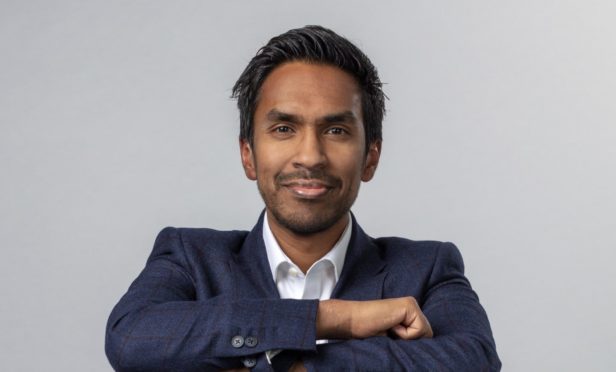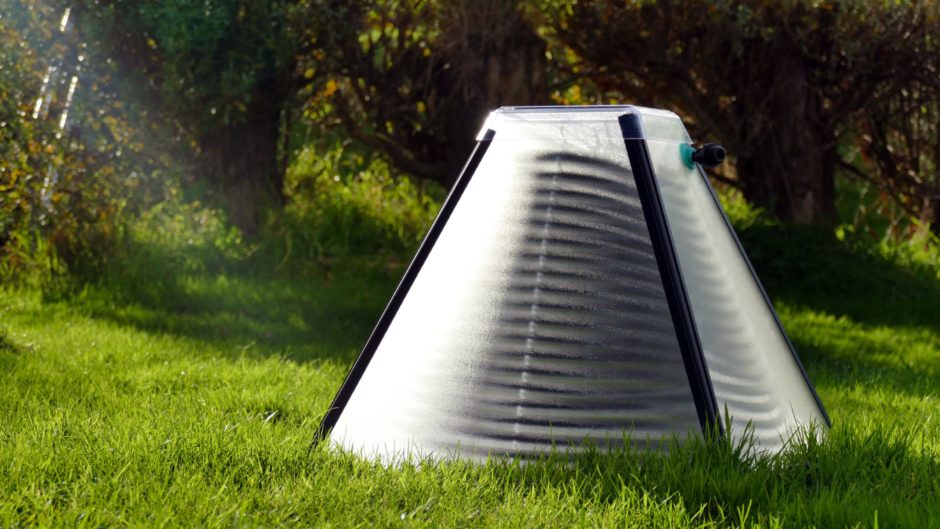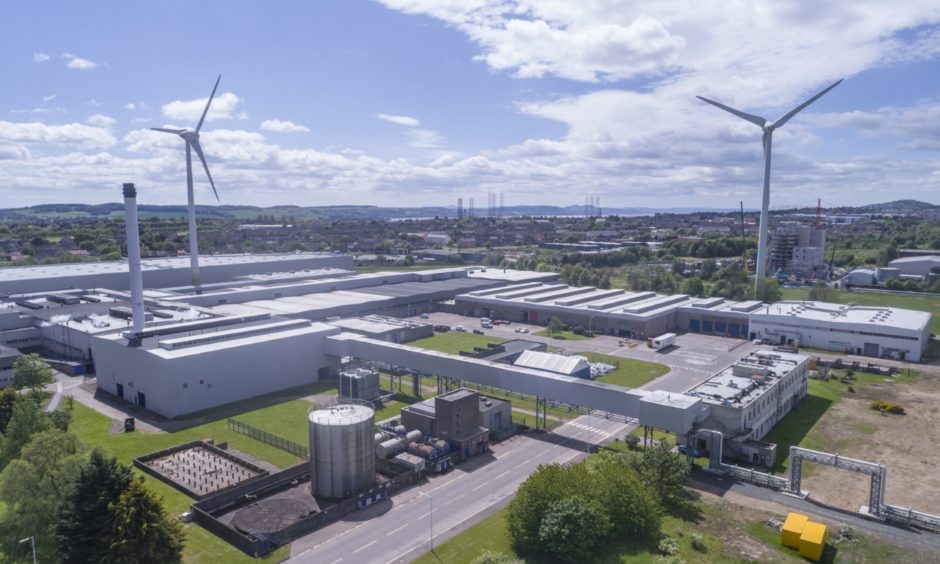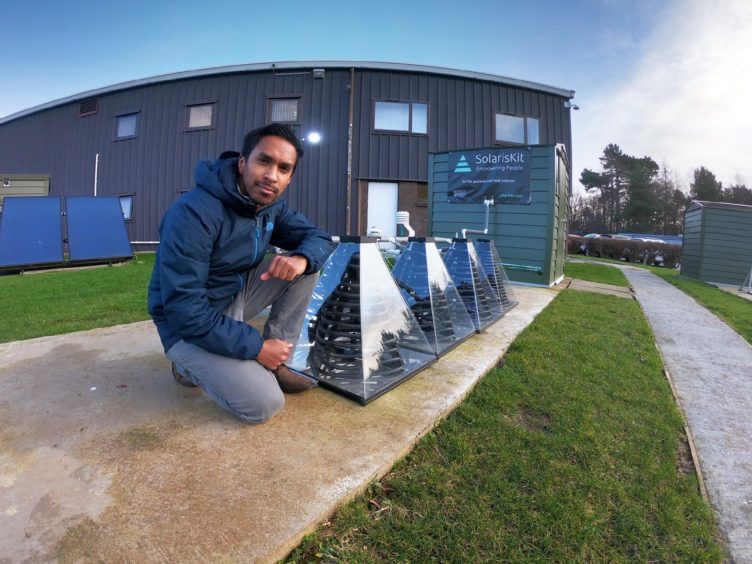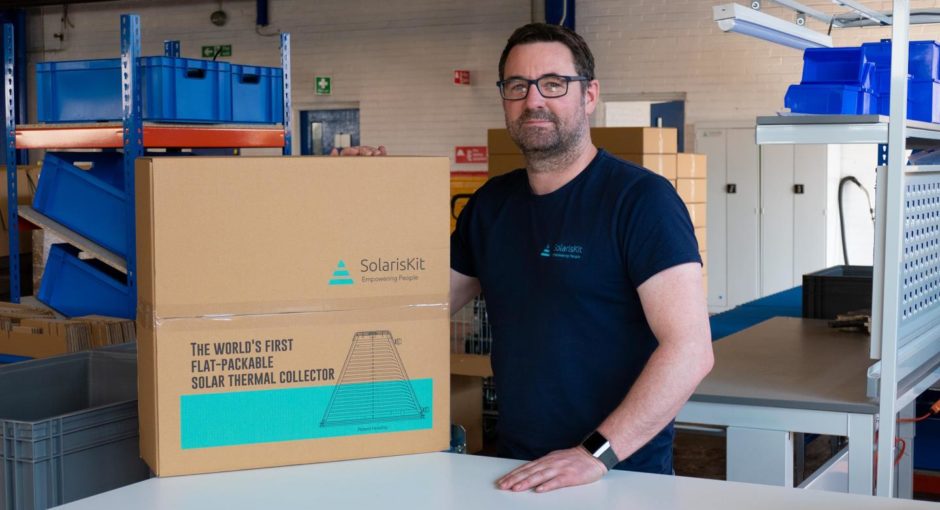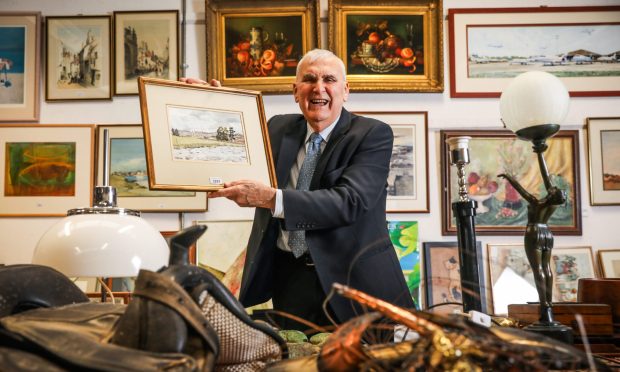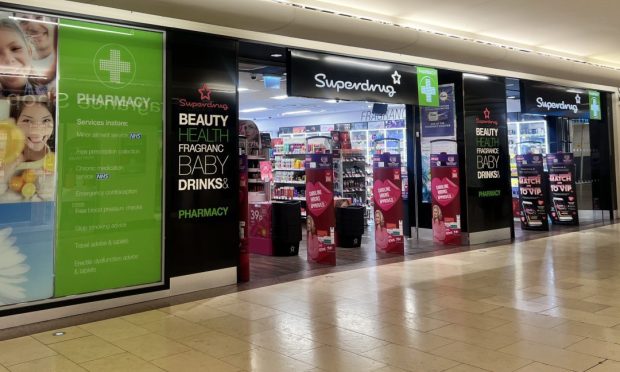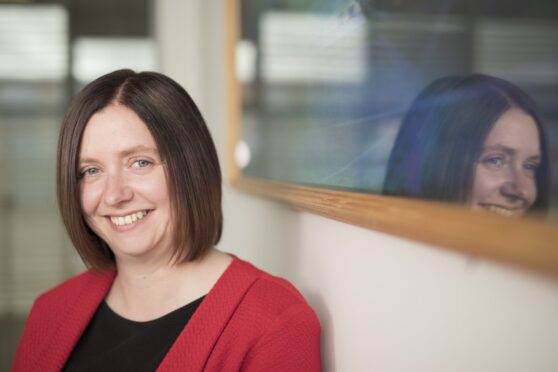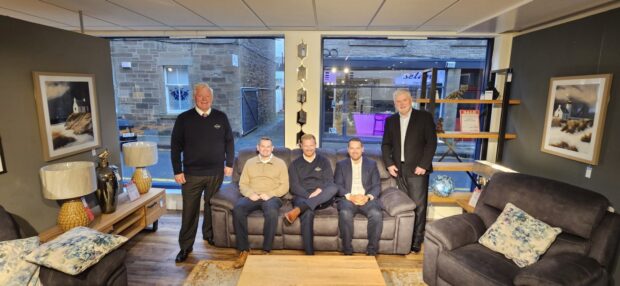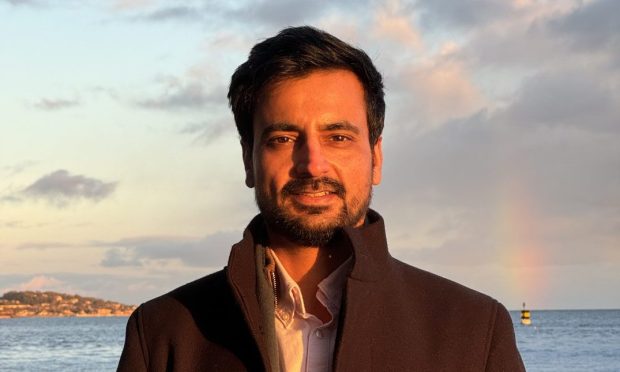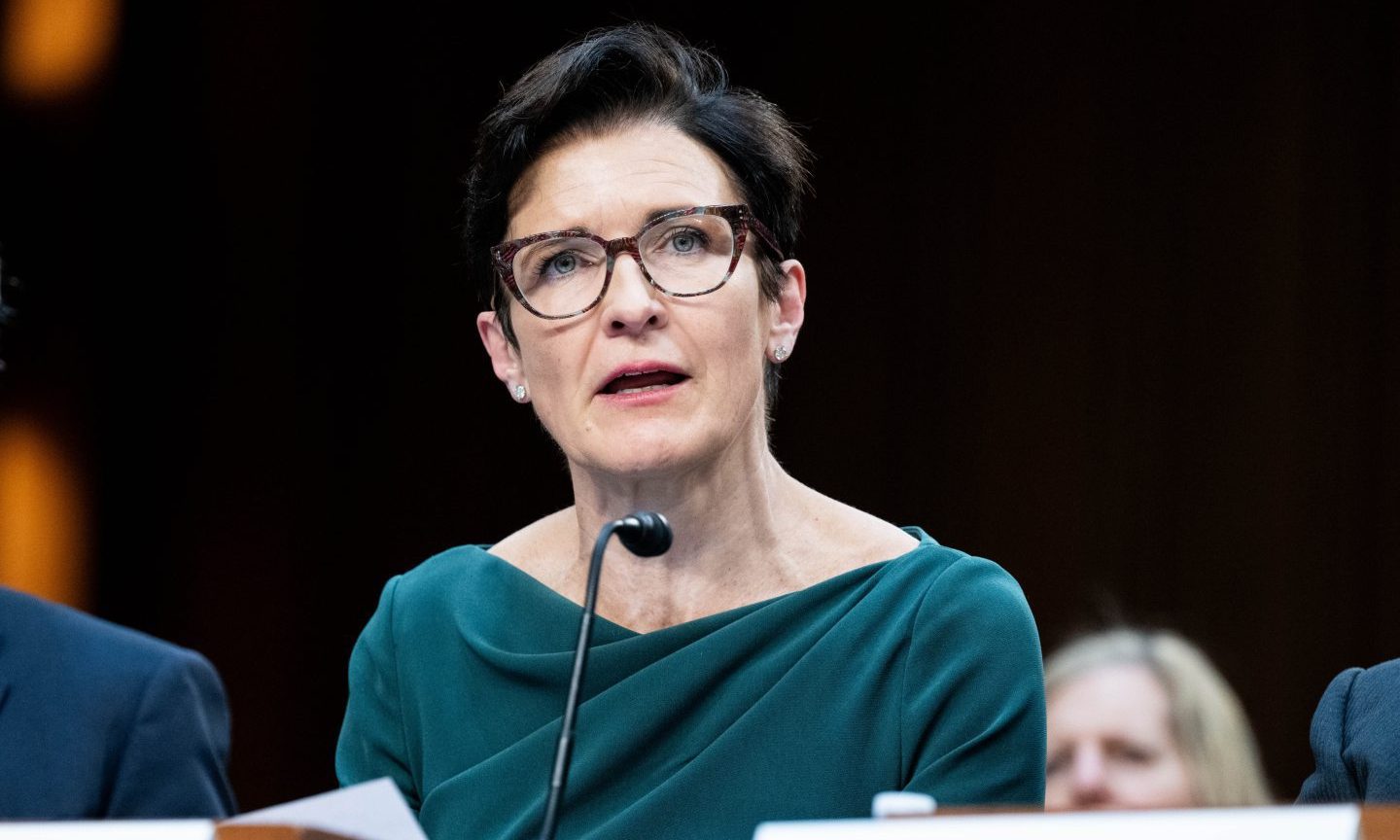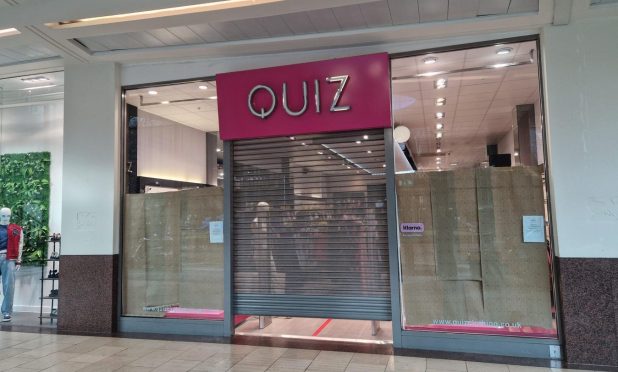Trials that could provide cheaper access to hot water in Rwanda using equipment developed by a Dundee company are set to begin.
Mechanical engineer Dr Faisal Ghani, founder and chief executive of SolarisKit, has created a pioneering thermal collector flat pack kit.
Assembled in 30 minutes, the SolarisKit solar collector can convert sunlight efficiently into hot water to meet the needs of most homes or businesses, with the potential to save energy costs of up to 70%.
In most standard weather conditions, the SolarisKit is capable of heating water to temperatures of up to 50 degrees Celsius, perfect for normal showering and laundry requirements.
Sunlight enters the collector through its transparent side panels and strikes the black, internal coil, which is then heated through solar radiation.
Water is then circulated through the coil using a small pump, heated and stored in an insulated water tank for later use. Each solar collector can save approximately 300kgs of carbon emissions per year.
Now 80 have been shipped to Rwanda, with product trials set to begin next month, involving two hotels and seven households.
Two local businesses have been enlisted to provide on-the-ground support, as well as to gather data from those involved in the trial.
Impact of the pandemic
He set up the business in 2019 after reading a journal paper about energy usage in Rwanda, where a large portion of household income is required to cover heating bills.
Dr Ghani knew there was a solution to harness solar energy in an affordable way to heat water – inspiring the creation of the S200 flat-packable solar thermal collector.
Despite Covid-19 impacting finances, things are continuing to pick up.
“The pandemic has made it difficult for us to develop a lot of the relationships we need internationally,” he said.
“If you really want to enter the market you really need to know the right people and have the right partnerships – a lot of that is dependant on meeting the people face-to-face.
“We haven’t been able to do any travelling during the pandemic so it’s really slowed things down for that market, which is why we’re looking at opportunities in the UK and Europe.”
The business experienced “huge supply chain issues” throughout the past 12 months, with cardboard orders taking months to arrive due to the high worldwide demand.
He said: “Shipping has also been a bit of a nightmare, so getting materials was significantly delayed, as well.”
They were also required to raise funds – around £450,000 in total – to ensure the business was not financially affected by the pandemic.
“The pandemic also made it essential that we raised some cash from a variety of sources because of the delay in us entering the market,” he added.
“We managed to avoid any kind of serious damage but it has made things challenging for us.”
‘I felt I could do more as an entrepreneur’
The news of the project in Rwanda getting under way comes following completion of the Royal Bank of Scotland Climate Entrepreneur Accelerator.
The programme enabled Dr Ghani to establish a commercial plan and find investors to back the product.
Royal Bank of Scotland also established a corporate partnership with SolarisKit becoming its first UK customer.
He added: “As a new father, I became more aware of our need to tackle the climate emergency and felt I could do more as an entrepreneur than academic.
“After realising that carbon emissions from the developing and emerging economies exceeded those produced by the industrialised nations, I was motivated to make a change.”
“When you’re an entrepreneur, you feel siloed in your work, so support from the Royal Bank of Scotland has been great.
“From becoming our first customer in the UK, to providing networking opportunities and group coaching sessions through the programme, the whole experience has been brilliant.”
Helping communities in India
The SolarisKit team are also exploring the possibility of supporting rural communities in India.
“We’re getting interest from Australia. There’s also been growing interest in the UK and Europe as well,” Dr Ghani said.
“Where we see most of the impact is in Africa and other developing countries.
“We’ve got one partner in India that has shown a lot of interest. We’re looking at developing a partnership with a large Indian company to enter that market.”
He also hopes to grow the company, with a view to filling several new roles.
Among the jobs will be an operations manager and a marketing manager to help increase capacity.
Currently, they are able to produce 20,000 kits per year, with ambitions to reduce global carbon emissions by one billion kilograms in five years.
Dr Ghani said: “We’re looking to recruit another five people within the next six months.
“The operations manager and marketing manager jobs will be quite senior positions within the company.
“We’re looking at expanding our production staff. At the Michelin site we can accommodate three full-time process workers.”
Stuart Dearden, regional eco-system manager at Royal Bank of Scotland, said: “It’s been remarkable to watch the growth of SolarisKit.
“Dr Ghani’s drive and ambition is clear and we look forward to seeing the results of his trial in Rwanda.”
